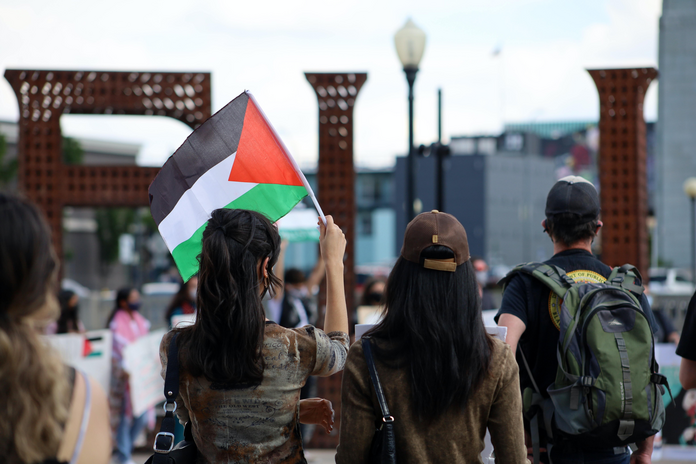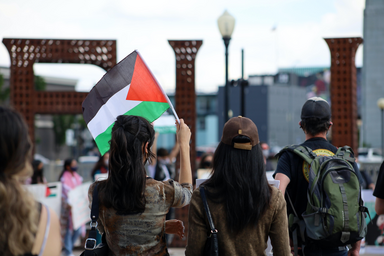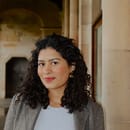“You can’t even drink water?!” is probably the most common response to my telling people I am fasting for Ramadan.
Ramadan occurs during the ninth month of the Islamic calendar and is the holy month of cleansing the mind, body, and soul. Every Ramadan, more than 1.8 billion Muslims will observe this blessed month and participate in fasting. No, we are not starving ourselves–contrary to what some may think. Fasting begins at sunrise (suhoor in Arabic), where those fasting can eat and drink water to fuel themselves and battle weakness during the day, and the fast is broken at sunset (translated to “maghrib” in Arabic). However, fasting is much more than abstaining from food between dawn and dusk. It means refraining from all bad habits that harm you or those around you.
This year, Ramadan occurs from March 10th to April 9th, and Eid-al-Fatr marks the end of the holy month. Eid al-Fatr is one of the two major holidays celebrated by Muslims worldwide and is known as the ‘Festival of Breaking Fast.’ On this day, the festival can vary between countries; however, it is a time to celebrate with family, friends, and community members. The month of Ramadan is a month of giving. On the last days of Ramadan, each family must donate to charity (known as Fitra or Zakat Al Fitr) to help those less fortunate celebrate the occasion.
The act of fasting allows Muslims to understand and empathize with the suffering of millions around the world who live in famine and poverty. In Gaza, there is no choice of fasting, and it is instead a horrific reality that families have been living in for the past six months. Gaza has faced man-made starvation, where they have been deliberately restricted from access to water, food, and electricity, resulting in half of Gaza’s population (1.1 million people) facing famine– including young children and babies. According to the Gazan Health Ministry, there have been reported 27 deaths of children as a result of malnutrition and dehydration in Gaza to date. Many unreported deaths caused by famine cause the actual death toll from starvation to be significantly higher, and it only continues to rise. This Ramadan has been an extremely difficult one while this ethnic cleansing persists.
This Ramadan, displaced Palestinians in Rafah have come together to share iftar (the breaking of the fast). Despite the horrific acts that have targeted the citizens of Gaza, Gazans are able to find joy this Ramadan. Despite the more than 30,000 killed, Gaza has faith. Despite the children who watched their mothers fall from bullet wounds in front of them, Gaza has faith. Despite the parents of more than 13,000 children murdered, Gaza has faith. Despite the displacement and extreme suffering, Gaza remains patient. They remain kind. This is why Muslims celebrate Ramadan, and it is at the heart of what being a Muslim truly means in Islam.
If this is your first Ramadan away from home, or you have been affected by the heartbreaking events in Palestine, you are not alone. This year, Ramadan falls on the busiest time of the academic year, and it can be challenging to study and complete assignments if you are distracted by hunger or thirst. There are many ways you can make this Ramadan special while studying away from home—read this article for some tips to make Ramadan easier this month. Whether you are fasting or not during Ramadan, I ask you to practice patience and kindness in the same capacity that those less fortunate continue to do–even in adversity.


